Cancer-related fatigue is a common side effect of cancer therapy; almost 80 to 100 percent of cancer patients experience fatigue.
Whether you don’t yet have a cancer diagnosis but are always weary or lack energy for no apparent reason, you may be wondering whether this is a sign of cancer.
Cancer often manifests as fatigue, although cancer seldom results in only exhaustion. It is common for there to be several contributing factors to fatigue, none of which need to include cancer.
Fatigue is one of the most challenging complaints to manage, regardless of origin. Patients who struggle with fatigue in their everyday lives are seeking assistance because they want to feel better. In this article, we will discuss what type of cancer causes fatigue and how you can make it go away with lifestyle changes.
What is Fatigue?
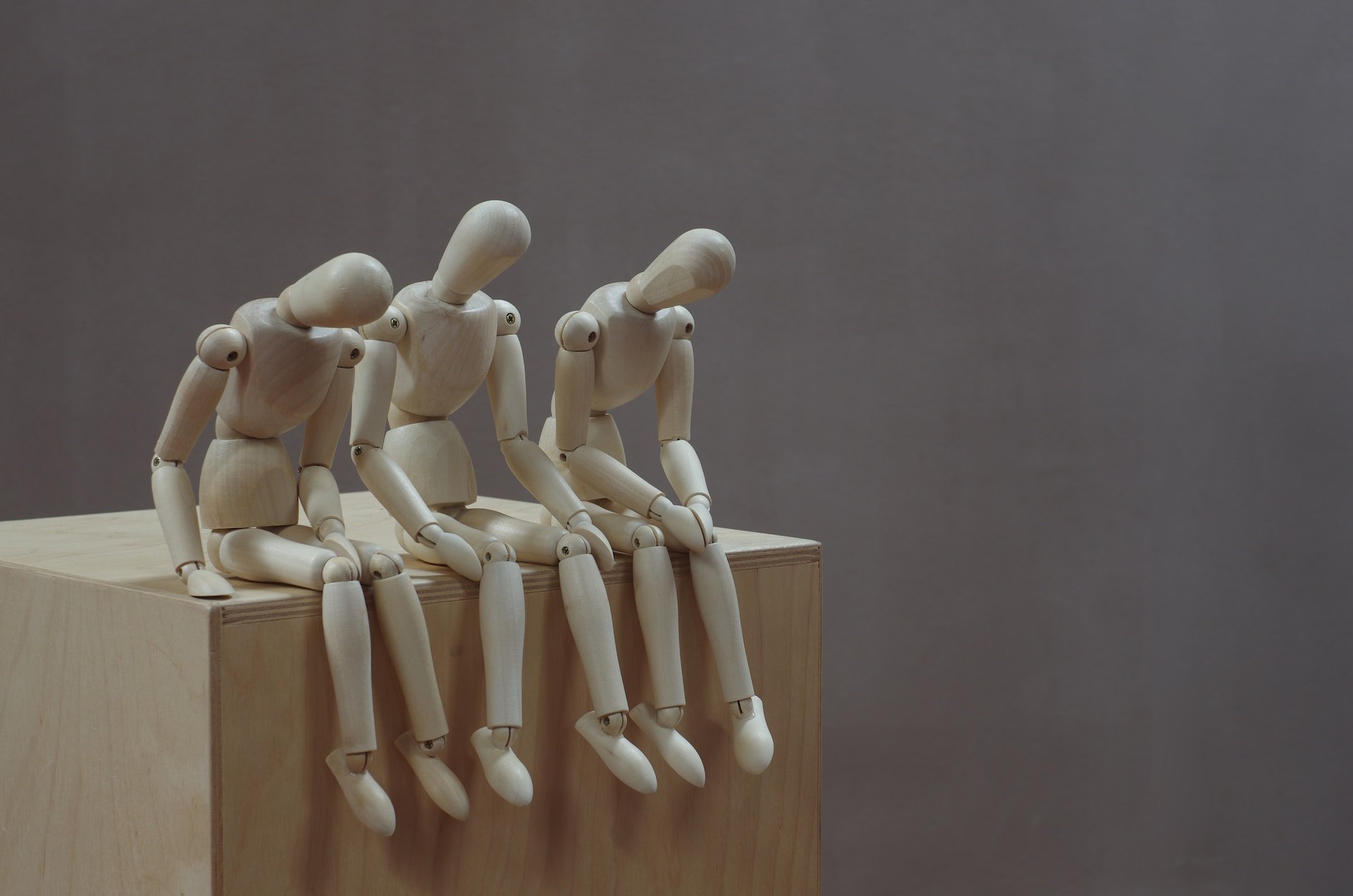
Image by Unsplash
It is possible to mix up exhaustion with fatigue. Everyone becomes weary. It’s a typical emotion to have at the end of the day or after certain activities. Usually, we are aware of the cause of our fatigue, and a restful night’s sleep will address the issue.
Fatigue is something different. S daily lack of energy caused by an exceptional or excessive level of physical exhaustion not alleviated by sleep is known as fatigue. It may be acute (lasting less than a month) or chronic (lasting at least one month and up to six months). The capacity to perform and the quality of life of a person may be severely impacted by fatigue.
What Are The Common Symptoms Of Fatigue In Cancer Patients?
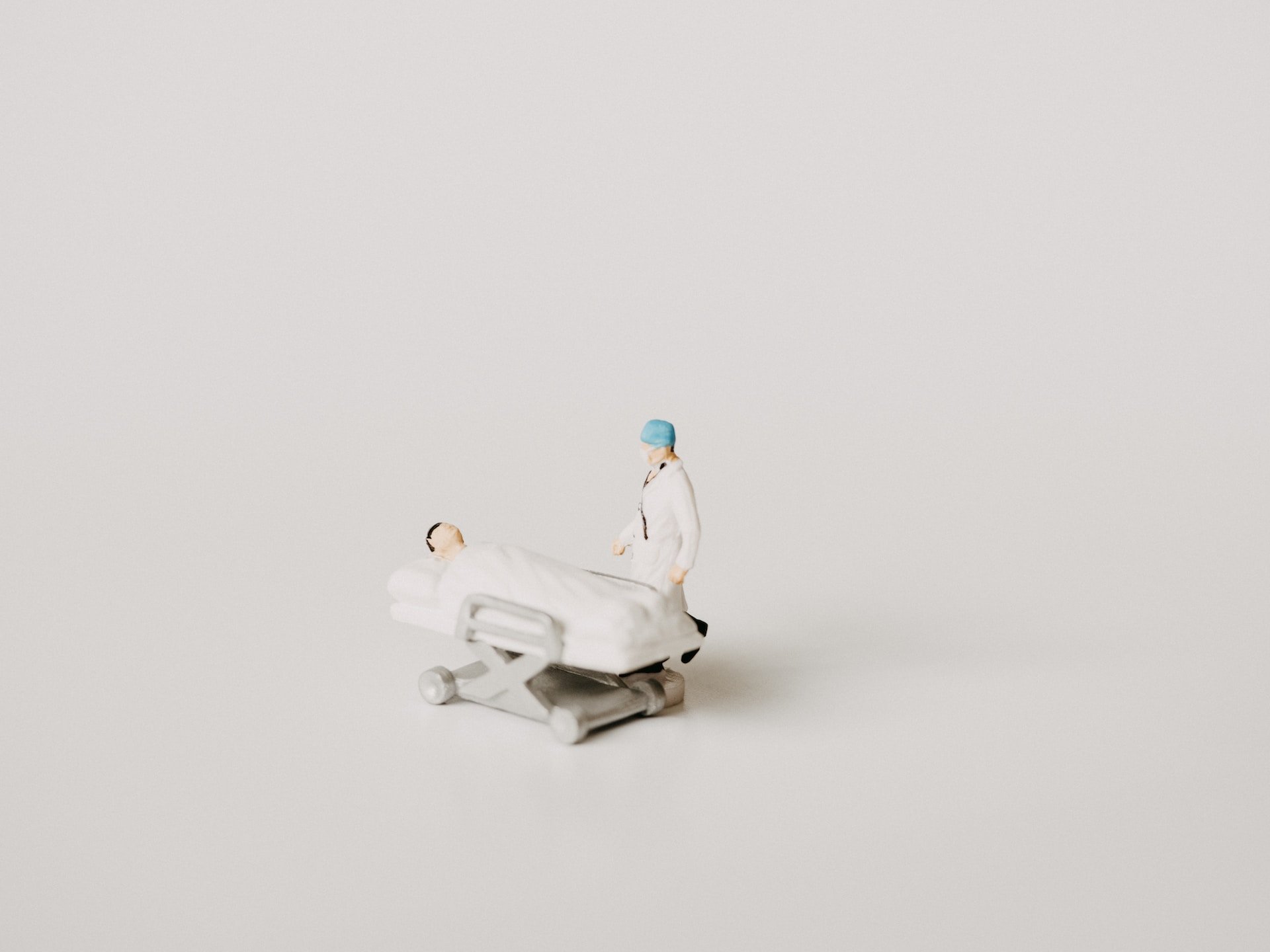
Image by Unsplash
Here is a list of some signs of cancer-related fatigue you could experience:
- Insufficient energy, which may cause you to want to stay in bed all day
- Sleep issues, such as difficulty falling asleep or disturbed sleep, which may make it difficult for you to wake up in the morning
- Feelings of anxiety, sadness, or depression
- Muscle pain that leaves you gasping for air after performing simple tasks like taking a shower or making your bed
- Difficulty concentrating, even when you are just watching TV or talking
What Type of Cancer Causes Fatigue?
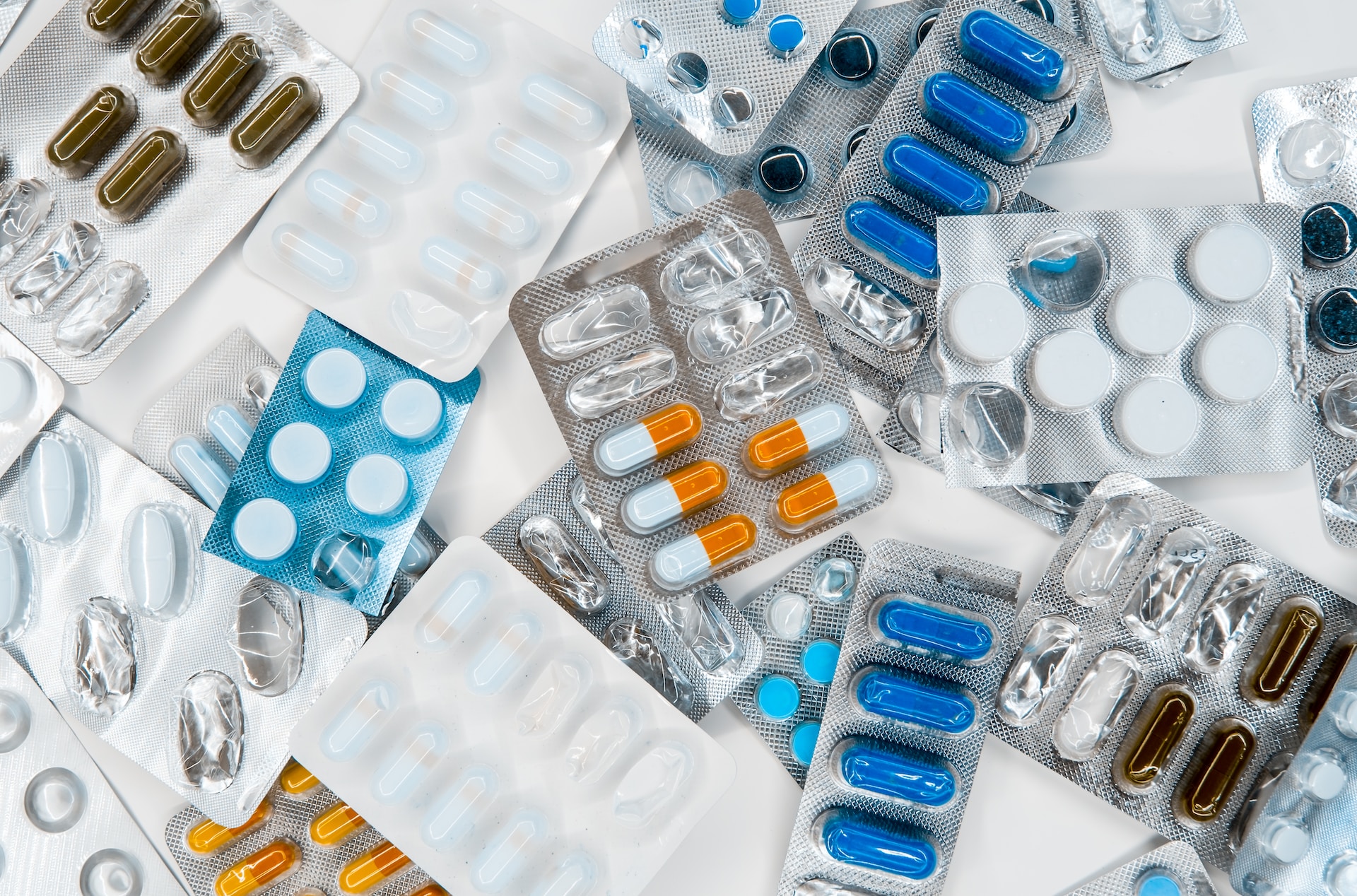
Image by Unsplash
All types of cancer can cause fatigue. A cancer cell often scavenges calories and deprives healthy cells of essential nutrients, which may cause fatigue on its own. It’s possible that patients aren’t eating as well as they should, depriving cells of essential nutrients that the body requires for optimal operation. Cytokines, which are organic cell proteins generally released by white blood cells in reaction to infection, is highly produced by all cancer. These cytokines may be harmful in large doses and cause fatigue to last for a long time.
Here are some answers to ‘what type of cancer causes fatigue’.
- Anemia and fatigue may result from bone marrow cancer, where cancer cells can obstruct the normal creation of blood cells.
- Similar to cancer of the stomach, blood loss from intestinal tumors often results in fatigue.
- Prostate and breast cancers may disrupt hormonal and metabolic systems, leaving the patient very exhausted.
- Some severe tumors may induce swelling in particular body areas, making limbs heavier and more difficult to move and adding to overall fatigue.
- Exhaustion and difficulty breathing may result from lung cancer.
What is the Link between Cancer and Fatigue?
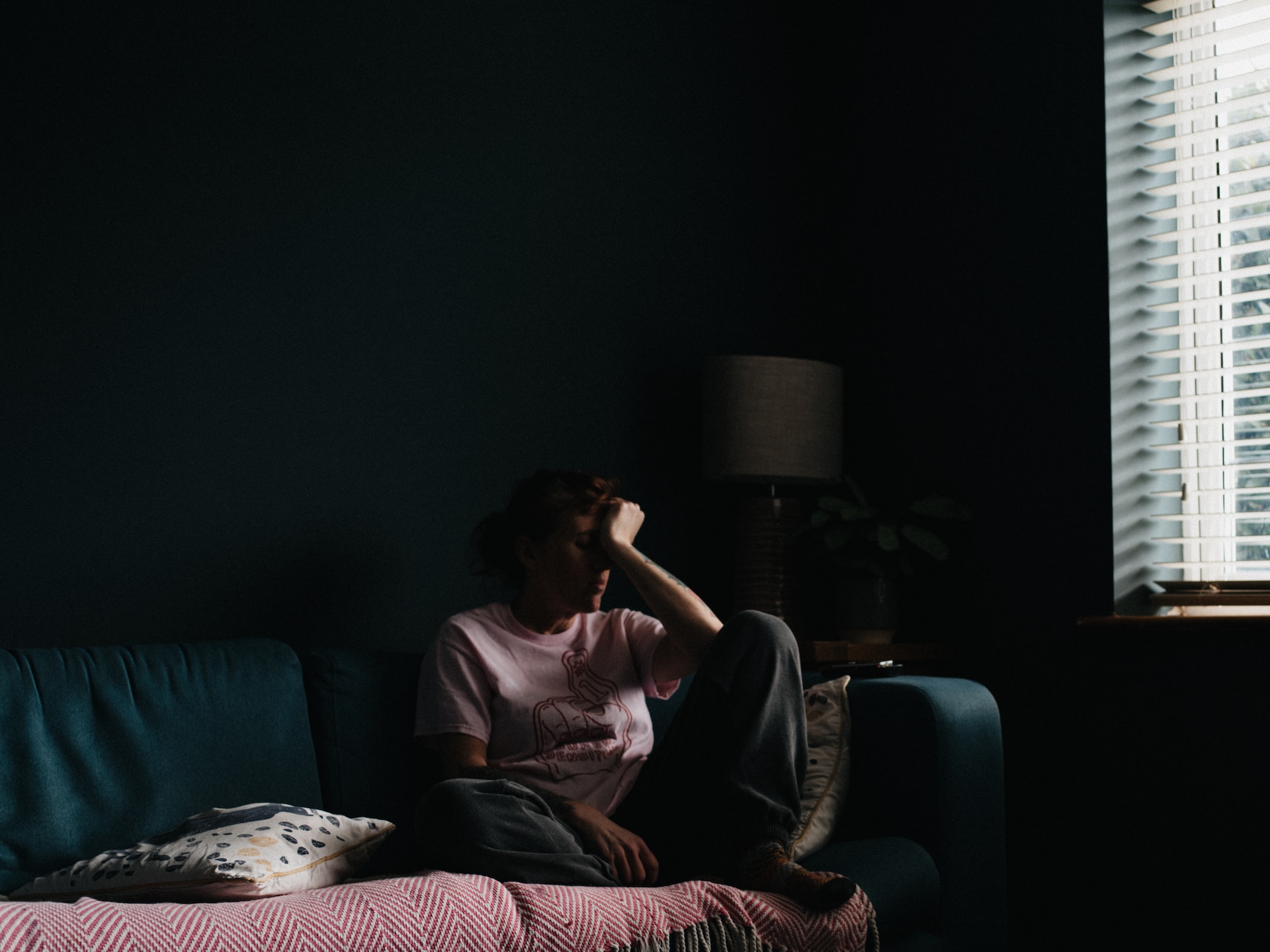
Image by Unsplash
Numerous variables might contribute to cancer fatigue, and your circumstances may vary significantly from those of another person. However, the following may be a contributing factor:
1. Cancer Fatigue
Cancer is defined as the uncontrolled proliferation of abnormal cells inside the body. Cancer steals energy that would otherwise go to the rest of the body, which is needed for that growth.
However, unless cancer has spread to organs like the liver, where it may impact metabolism or the bone marrow, it is unusual to observe this energy drain.
The process of making blood cells is impacted when cancer spreads to the bone marrow. White blood cells assist in preventing infection. Hemoglobin-containing red blood cells transport oxygen to and from organs and tissues throughout the body, giving cells energy and eliminating waste. Anemia, which results from a decrease in red blood cell production due to cancer, might make you feel tired.
Another important factor in cancer-related fatigue may be inflammation. To start the immune response while your body is battling an illness, it produces molecules called cytokines, but these substances may also make you tired.
Advanced cancer patients may develop cachexia, a dangerous cancer-related syndrome that results in significant weight loss and muscle atrophy, due to the production of cachexia, which suppress appetite.
2. Cancer Therapies
Fatigue may be brought on by chemotherapy, radiation treatment, surgery, bone marrow transplantation, and immunotherapy. If cancer therapy harms healthy cells in addition to cancer cells, you could feel fatigued. As your body attempts to heal harm brought on by therapy, weariness might also develop.
Fatigue may also result from some adverse effects of therapy, such as anemia, nausea, vomiting, discomfort, sleep issues, and mood swings.
3. Anemia
If your therapy kills too many healthy red blood cells, you might develop anemia. If cancer has progressed to your bone marrow and impedes blood cell synthesis or results in blood loss, you might potentially develop anemia.
4. Pain
Chronic pain may cause you to become less active, eat less, sleep less, and develop depression, all of which may increase your weariness.
Emotional Health. Fatigue may also result from anxiety, worry, or despair brought on by your cancer diagnosis.
5. Inadequate sleep
You can feel fatigued if you’re getting less shut-eye at night or if it’s regularly disturbed.
A lackluster diet. Your body needs the energy that comes from a good diet to function properly. Your body may need more nutrition than normal when you have cancer. But if medication side effect of cancer, such as nausea and vomiting, make it difficult to eat, it may be challenging to get adequate nutrition.
6. Medications
Several drugs, including painkillers, might make you tired. Absence of exercise. If you’re accustomed to moving quickly, slowing down may leave you feeling worn out.
7. Hormonal adjustments
Cancer patients often get hormone therapy, which alters the body’s hormone levels and may induce extreme weariness. Other cancer therapies might have hormonal side effects as well.
Cancer patients may not all suffer weariness. And if you do, the degree of cancer-related fatigue you feel might vary; you can just feel like you don’t have much energy or you might feel fully spent.
Cancer tiredness might come on suddenly and only last a short period, or it can linger for many months after your treatment is through.
Are There Alternative Therapies That Can Help Manage Fatigue In Cancer Patients?
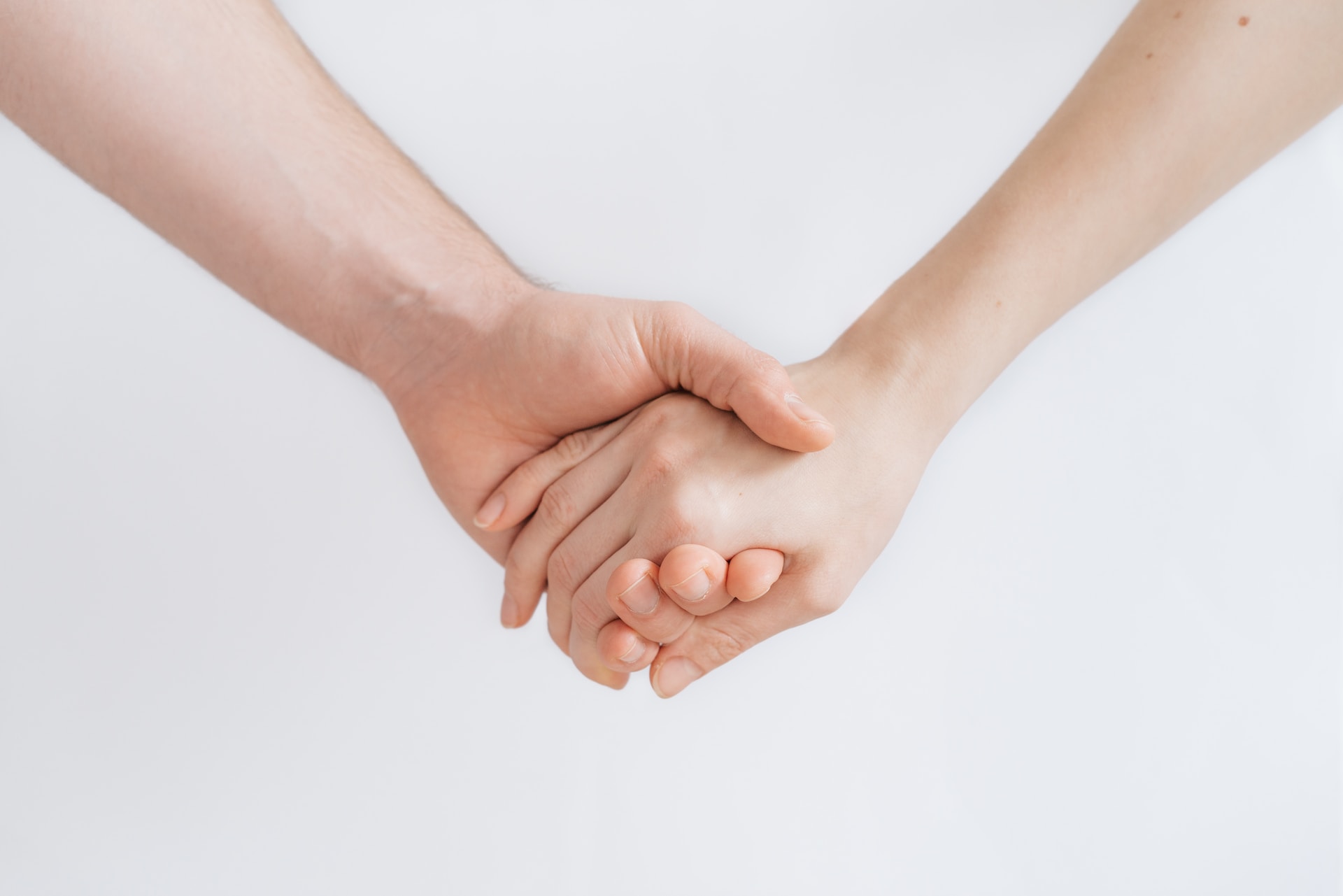
Image by Unsplash
Here are some tips that might aid patients with cancer-related fatigue in bettering their well-being.
Be Adaptable
Don’t gauge your level of energy before diagnosis. Set attainable objectives. It’s possible that you won’t be able to do all you want to do each day. Choose the things that are most crucial for you to finish, and concentrate on achieving those objectives. Allow other people to assist you if you are feeling worn out.
Get Distracted
By engaging in activities like listening to music, reading, looking at photographs, seeing friends, watching a movie, taking a stroll, or enjoying the outdoors, you may allow yourself to divert your attention from your exhaustion.
Be Active
Keeping active might potentially reduce weariness. Consult your doctor before beginning an exercise regimen. Concentrate on exercises that won’t drain your energy but will gradually help you gain strength. You may relax and sleep better by doing some light activity, like walking.
Practice Healthy Eating
Malnutrition is a danger for cancer patients. Patients must have a balanced diet that offers enough hydration, calories, protein, vitamins, and minerals.
- Throughout the day, consume a lot of drinks without caffeine.
- Red meat and other meals that are high in iron should be consumed more often.
- Eat small, frequent meals and snacks all day long.
- Working with a trained dietitian to develop a plan that will suit your requirements and teach you about quick, wholesome meals and snacks may be helpful.
Stress management
Stress may worsen exhaustion and disrupt sleep.
- Before going to bed, relax by doing something peaceful like having a warm bath or shower, reading, journaling, doing yoga, meditating, or listening to soothing music.
- Set a regular time for going to bed.
- Try using the bedroom for sleep purposes only.
- Maintain a cold, quiet, and dark bedroom.
- Use cozy sleepwear and bedding.
- Before going to bed, avoid coffee, alcohol, and high-sugar meals.
- Avoid using your computer, phone, or social media just before bed or while you’re asleep.
- Avoid taking naps throughout the day since they could keep you up at night. Do not sleep for more than 30 minutes if you feel the desire to snooze.
- Use the Alarmy app to solve your sleep issues at night and wake up early.
It’s Okay to Ask for Help
Ask for assistance with chores including transportation, housework, cooking, and washing.
Think Ahead
If at all feasible, arrange your cancer treatments for when they won’t interfere too much with your daily activities or work. To be the most effective at your job, for instance, schedule treatments in the afternoon or at the end of the week if you work.
Journal your Fatigue
Record the times you feel fatigued. Make notes on the times that you feel fatigued, how long it lasts, and how it affects your everyday activities. Give your doctor a copy of your notes.
Final Words
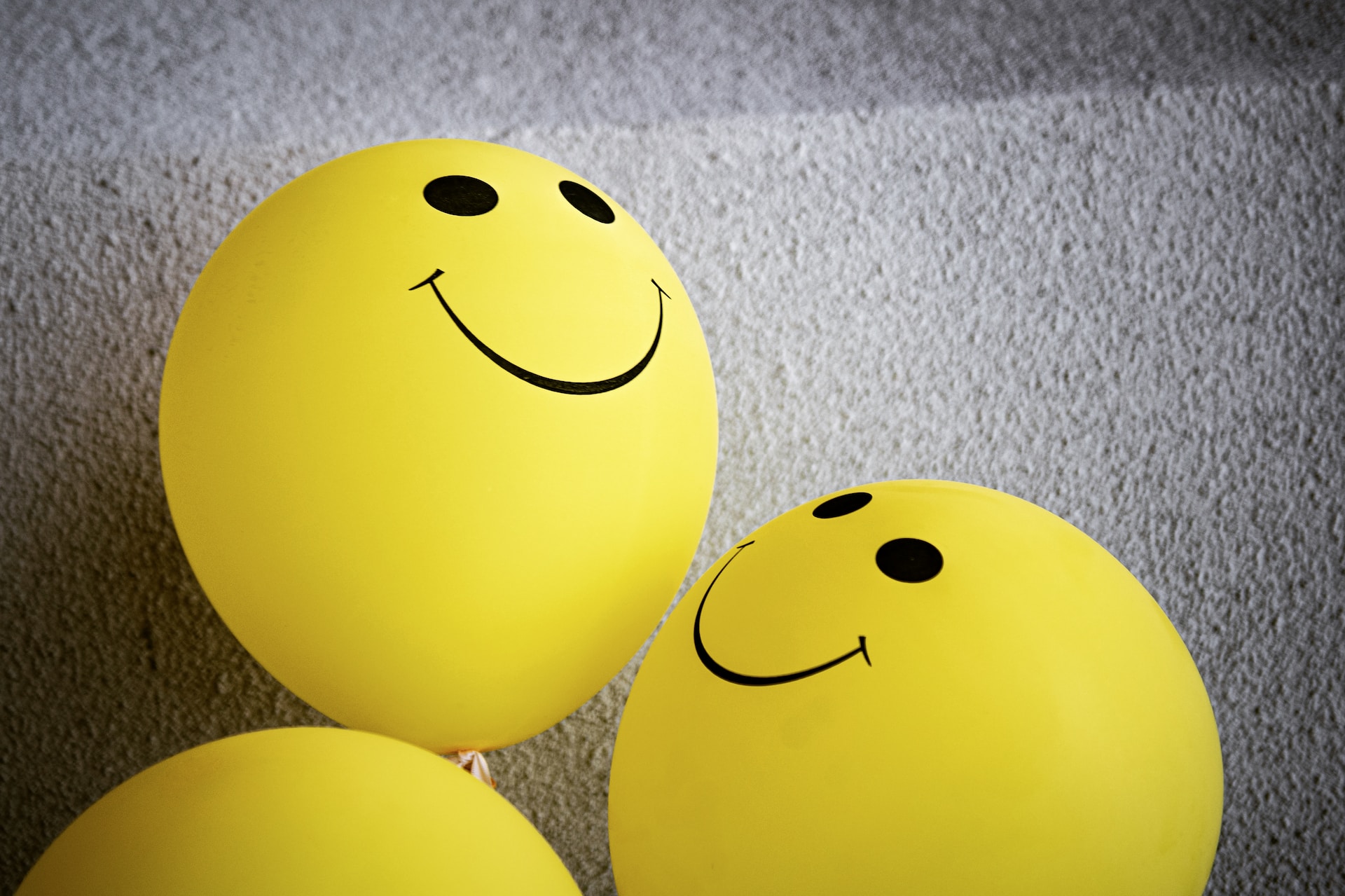
Image by Unsplash
We hope you have got the answer to what type of cancer causes fatigue. Fatigue can happen in any type of cancer and is the major side effect of cancer treatments. If you’ve been told you have cancer and you feel exhausted, consider when it first started. If it appeared before the diagnosis and goes away after therapy, the cancer was probably the root of it. It could be more challenging to identify and manage if it appears while you’re receiving therapy, particularly if a lot of variables are involved.



